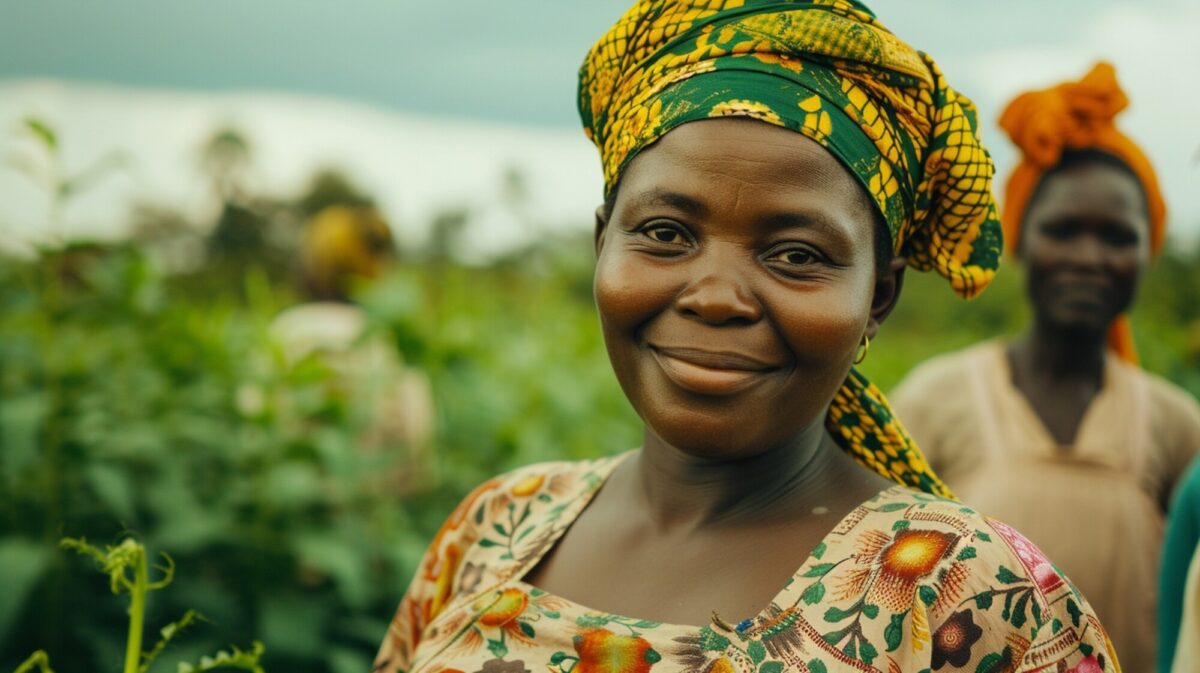Sustainability or Food Security: A Delicate Balance for Africa’s Agriculture

In recent discussions about Africa’s agricultural future, a crucial debate has emerged: should the continent prioritize sustainability or food security? This question lies at the heart of the African Strategic Agenda, aiming to chart a course for agricultural policy that ensures both food availability and environmental stewardship.
For example, The Africa Fertilizer and Soil Health Summit 2024 convened stakeholders in Nairobi to champion the importance of fertilizer and healthy soil for sustainable agriculture that benefits Africa’s poor. The summit aimed to establish a 10-year action plan with recommendations for leaders to improve soil health, leading to better crop yields and fertilizer use.
Amidst the myriad challenges Africa faces—ranging from climate change to economic instability—balancing these priorities is vital. Food security is a non-negotiable. It is undeniably critical for the continent’s prosperity and the well-being of its populations. Millions of Africans face hunger and malnutrition. Increased agricultural output is essential to feed the continent and ensure prosperity. This resonates with recent calls for a shift in focus towards food security within the African agricultural agenda.
However, achieving food security should not come at the expense of sustainable agricultural practices – prioritizing short-term gains over sustainable practices can be disastrous. A pragmatic and holistic approach is essential to reconcile these two objectives. This approach should be informed by scientific evidence and comprehensive impact assessments, rather than purely political decisions. Simplistic categorizations of agricultural solutions as inherently “good” or “bad” are short-sighted and counterproductive.
Shifting the Narrative: Building Resilient Food Systems
Rather than focusing solely on food availability, we must emphasize building resilient food systems in Africa. Resilience involves adapting to shocks, such as climate change, disruptions in food trade, and price fluctuations.
Resilient food systems can withstand external shocks, ensuring that people have consistent access to nutritious food. This approach goes beyond short-term humanitarian aid and addresses long-term structural vulnerabilities.
African nations need to develop agricultural policies that address both immediate food needs and long-term sustainability. This means using proven, safe, and affordable tools like post-patent plant protection products (PPPs) responsibly. PPPs exemplify the pragmatic approach since they are proven for their efficacy and safety, and are vital tools in modern agriculture. They play a critical role in supporting farmers’ efforts to transition to greener practices while maintaining high crop yields. PPPs can help farmers adapt to changing weather patterns, manage new pests, and protect crop yields affordably and effectively, ultimately contributing to food security. The urgency of addressing climate change is particularly pressing in Africa, where farmers are increasingly encountering new pests due to shifting weather patterns.
Regulatory frameworks play a crucial role in creating balancing act. However, the current regulatory environment in Africa often hinders the adoption of sustainable practices. Developing and registering new crop protection products is a very lengthy process and inconsistencies in implementing regulations can delay the availability of PPPs needed to address emerging threats. Streamlining these processes and enhancing mutual recognition mechanisms across the continent can ensure that farmers have timely access to the necessary products to protect their crops.
Additionally, underutilized mechanisms for sharing knowledge and resources between countries limit farmers’ access to the latest solutions. In contrast, extending the labels of existing PPPs can offer swift and effective pest control measures, helping farmers mitigate the impacts of climate change more rapidly. Therefore, for Africa to achieve food security while safeguarding its agricultural future, it needs a clear vision.
In crafting its Strategic Agenda, African policymakers must recognize the symbiotic relationship between sustainability and food security. Emphasizing both elements will not only safeguard farmers’ interests but also promote a resilient and competitive agricultural sector. This balanced approach is essential for driving the continent’s agricultural future towards both environmental sustainability and robust food security.



